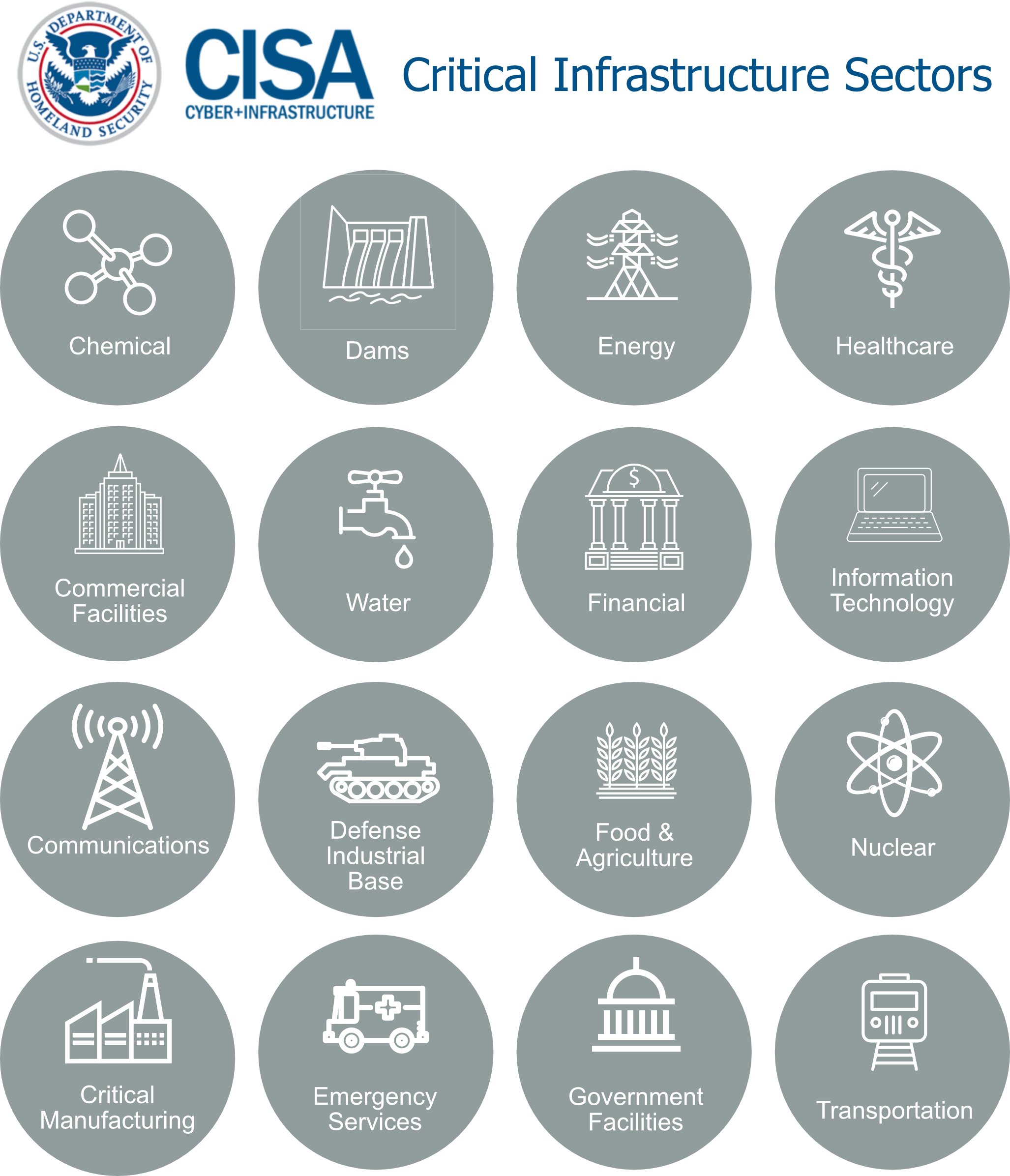- Contact Us
-
Solutions
Solutions
At ePlus, our focus is making technology mean more—and do more—to drive positive business outcomes for our customers.

COMPROMISE NOTHING WITH EPLUS SECURITY
You deserve a strong security culture that can sustain your business today and tomorrow.
Visit our microsite - Solutions
-
Services
Services
The future belongs to those who look beyond what’s practical to achieve what’s possible. At ePlus, we are redefining expectations for what services can be—and can deliver—for you. With ePlus on your side, you can Experience the Unexpected.

COMPROMISE NOTHING WITH EPLUS SECURITY
You deserve a strong security culture that can sustain your business today and tomorrow.
Visit our microsite -
Financing
Financing
Ready to upgrade your technology but not sure it’s within your budget? We offer a variety of financing and leasing options so you can procure technology when and how you need it, at a price point you can manage. Since 1990 we have been providing a wide portfolio of financing solutions to customers across commercial and government enterprises, designing programs that are tailored to fit their unique processes, structures and requirements.

COMPROMISE NOTHING WITH EPLUS SECURITY
You deserve a strong security culture that can sustain your business today and tomorrow.
Visit our microsite - Customer Success
- Partners
-
About Us
About Us
Acting as a trusted advisor, an extension of their team, a trainer, a partner or in a capacity to proactively monitor and manage their networks, we are committed to using technology to drive positive business outcomes for our customers.

COMPROMISE NOTHING WITH EPLUS SECURITY
You deserve a strong security culture that can sustain your business today and tomorrow.
Visit our microsite -
Resources
Resources
Get the latest industry news, topics and trends from the ePlus experts.

COMPROMISE NOTHING WITH EPLUS SECURITY
You deserve a strong security culture that can sustain your business today and tomorrow.
Visit our microsite - Contact Us
- Careers

